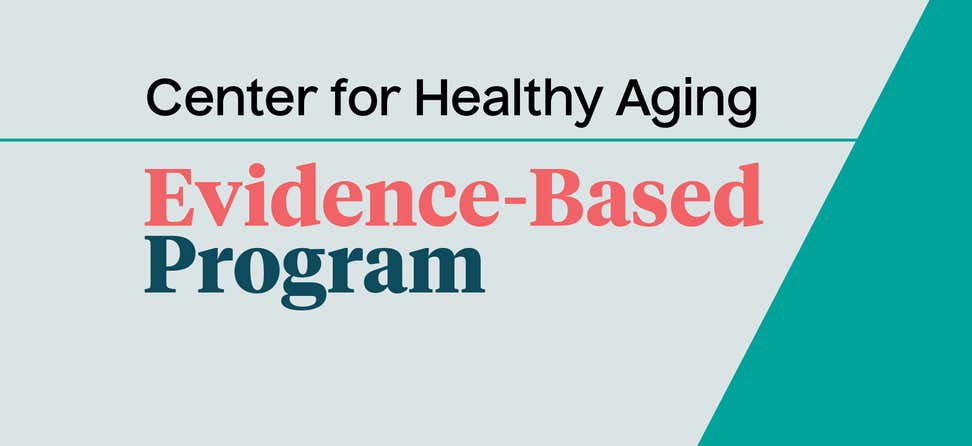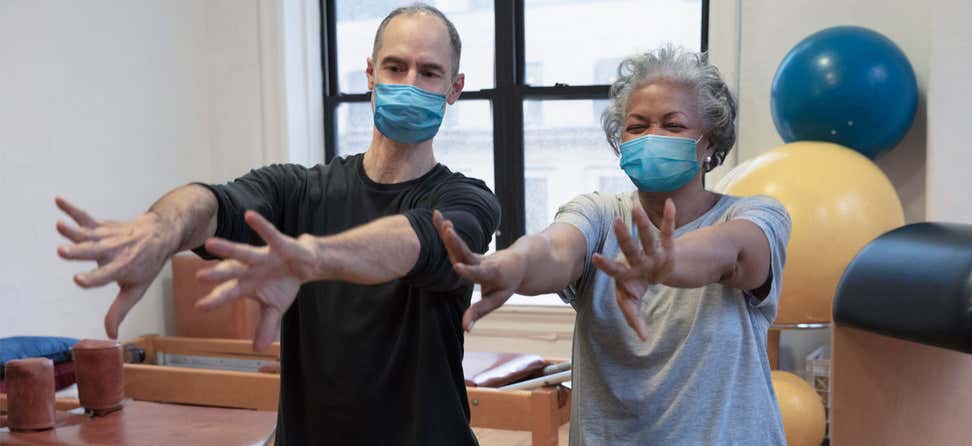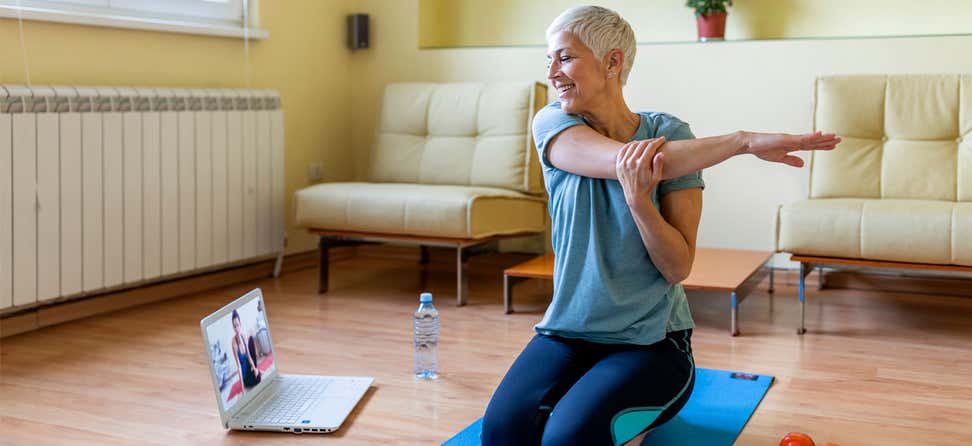Key Takeaways
Provide an evidence-based program in your community focused on addressing late-life depression.
The Program to Encourage Active, Rewarding Lives (PEARLS) is a national evidence-based program for late-life depression. PEARLS brings high quality mental health care to community-based organizations that reach vulnerable older adults. Sessions take place in the client’s home, or other community setting, and focus on brief behavioral techniques. PEARLS counselors empower individuals to take action and make lasting changes so they can lead more active and rewarding lives.
Other topics include depression, problem solving treatment (PST), behavioral activation (BA), and social activities.
Note: Track health promotion program guidance during COVID-19 regularly for updates to program implementation and training options. Programs traditionally implemented in-person may be temporarily allowable by telephone or online.
- Target audience: Older adults with depression
- Health outcomes:
- Reduce symptoms of depression
- Improve health-related quality of life
- Delivered by: Social worker/mental health therapist, community health worker, social work graduate students, case managers
- Program type: Individual
- Format: In-person at home, in-person in community, telephone or online (video conference, e.g. Zoom)
- Length: Six to eight 50-minute sessions over the course of approximately 19 weeks
- Training: Online or in-person; Online Master Training also available to qualifying counselors
- Professional required: For supervision: regular clinical supervision by a psychiatrist, geriatrician, clinical social worker, psychiatric nurse practitioner, or other expert in older adult mental health, chronic conditions, and medications. Clinical supervision may be provided by more than one professional. PEARLS counselors may have a variety of education or experience backgrounds, but are usually Master’s-level students or professionals.
- Accessibility adaptations available: Yes. The program can be delivered to persons with physical or sensory limitations, and/or with mild cognitive impairment. Organizations use existing materials for these populations and adapt as needed (e.g. provide picture reminders about action plans). The program is not appropriate for persons with significant cognitive impairment.
- Cultural adaptations available: Yes. Organizations have adapted PEARLS for different cultural groups including persons of color, immigrants and refugees, veterans. These adaptations are largely around outreach/recruitment, who is trained to provide PEARLS, and additional programs/services. We discuss what adaptations are appropriate on our monthly technical assistance calls and are happy to connect organizations to PEARLS organizations serving different cultural groups.
- Available in languages other than English: Spanish, Russian, Chinese, Somali. Program materials have been translated by community partners that serve these LEP communities and are available upon request.
- Topic(s):
- Behavioral Health
- Physical Activity
- Additional Resources:
- Contact: Caitlin Mayotte (cmayotte@uw.edu) for training information









